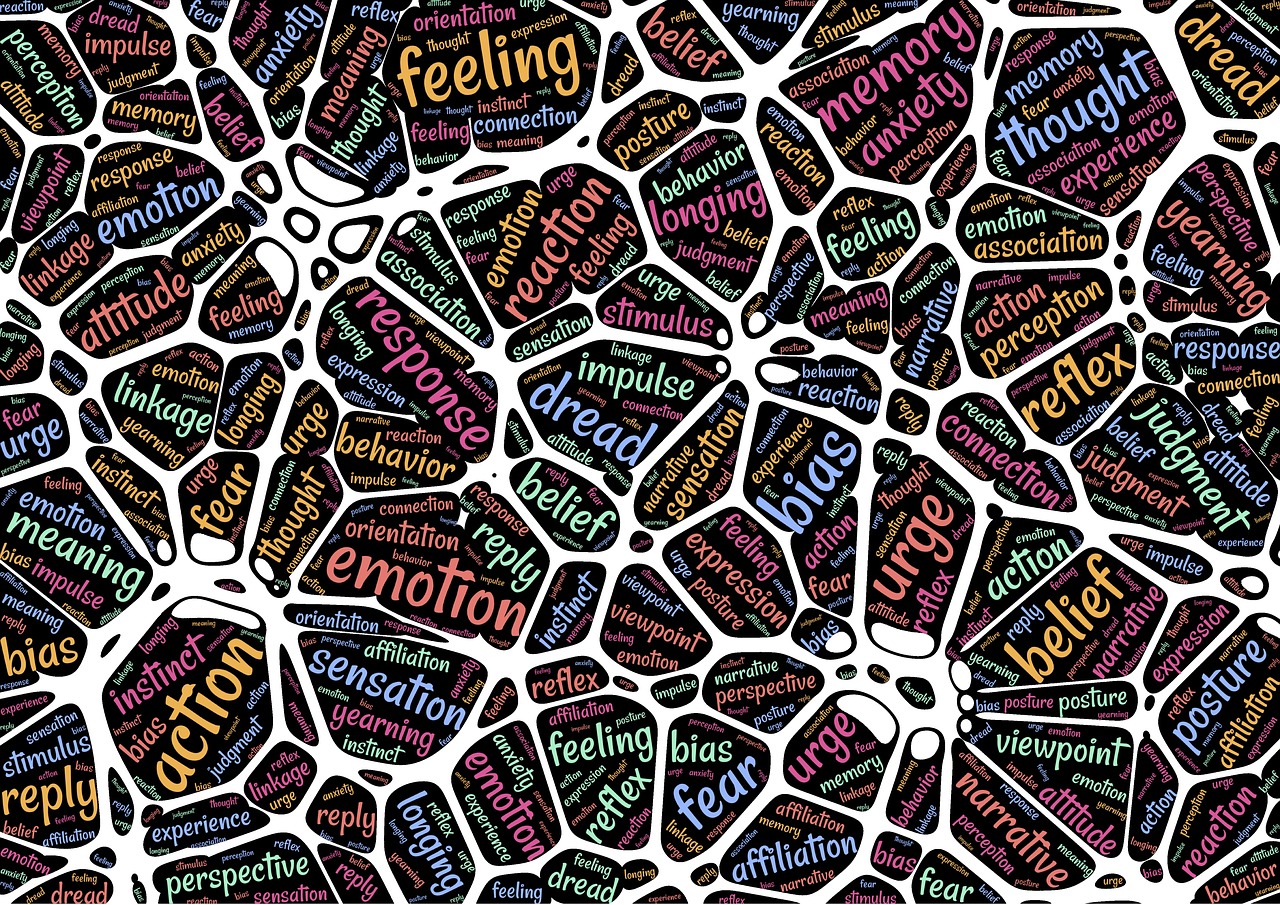I distinctly remember 1 moment postpartum when my husband and I were in a bookstore, with baby in the carrier, browsing. I saw the book The Female Brain and picked it up, thumbing directly to the section on “Mommy brain,” and, more specifically, “Breast feeding and the Fuzzy brain.” I was still breast-feeding, fuzzy brained, and seeking some scientific proof that I wasn’t going crazy. I found it. Louann Brizendine, MD writes:
…one down side of breast feeding can be a lack of mental focus. Although a fuzzy brained state is pretty common after giving birth, breast feeding can heighten and prolong this mellow… unfocused state…the parts of the brain responsible for focus and concentration are preoccupied with protecting and tracking the newborn.
During this time, I would walk into the next room of the house to get something and forget what it was. Keys? Diaper bag? One of my husband’s friends, a Stanford scientist with two children, explained: “You’re breastfeeding. Your brain will come back after you stop.” This fuzzy breastfeeding brain also explained why I felt physically connected with my baby when I went back to work. Brizendine writes:
Many mothers suffer ‘withdrawal’ symptoms when they’re physically separated from their babies, feeling fear, anxiety, and even waves of panic. It is now recognized that this is more than a psychological state but is a neuro-chemical state.
The longer and more often a baby suckles, the more it triggers the prolactin-oxytocin response in the mommy brain…Oxytocin dilates blood vessels in the mother’s chest, warming her nursing child, who also gets doses of feel good compounds in the breast milk…
Ah, Oxytocin, the bonding hormone. By 3:00pm at work, I would be physically and emotionally longing for my baby. I’m sure it was no accident that this was the time that I would pump milk for him and he would be having his afternoon snack! According to Brizendine, This lovely, feel-good state of oxytocin is turned on at the time of birth.
The mommy-brain transformation gets underway at conception and can take over even the most career oriented woman’s circuits…At the same time, her brain signals for eating, especially in the morning, become finicky as her brain is changing how it reacts to certain smells…she wouldn’t want to eat something that would harm her fragile fetus…That is why her brain is now overly sensitive to smell.…Progesterone spikes from ten to a hundred times its normal level … and the brain becomes marinated in this hormone, whose sedating effects are similar to Valium.
Pregnancy brain
I wish I had had this book when pregnant. Sometimes there is no substitute for empirical, neurological data to combat shame and confusion. I remember sitting at my desk at work while pregnant feeling like I was in a mental fog and wondering where my focus had gone? Where was my motivation for work? I would sit there feeling like a hippo (I know, I know, hippo is not a feeling), daydream about rocking chairs, and eat olives with hummus and crackers (My baby had a Greek craving theme). I could not tolerate perfume smells and threw up in the airport when walking through the fancy shopping section filled with expensive scents.
However, some research is showing that the brains of new moms literally grow in areas that can assist with parenting.
New mothers undergo dynamic neural changes that support positive adaptation to parenting and the development of mother–infant relationships. [There are] important psychological adaptations that mothers experience during pregnancy and the early postpartum period...[and] evidence of structural and functional plasticity in human mothers’ brains...such plasticity supports mothers’ psychological adaptation to parenting and sensitive maternal behaviors. (Pilyoung Kim, 2016)
Does the brain grow BIGGER postpartum?
Research from the American Psychological Association suggests this is the case.
Exploratory research…found that the brains of new mothers bulked up in areas linked to motivation and behavior…A comparison of images taken two to four weeks and three to four months after [new mothers] gave birth showed that gray matter volume increased by a small but significant amount in various parts of the brain. In adults, gray matter volume doesn’t ordinarily change over a few months without significant learning, brain injury or illness, or major environmental change. (Craig Kinsley, PhD and Elizabeth Meyer, PhD, Behavioral Neuroscience, October 2010)
I was sharing with a friend recently about the hidden gift of humility in needing to slow down on my desired accomplishments due to being a Mommy. She replied, “You are doing and growing more than most people I know, with or without children.”
“Oh,” I thought, “it certainly doesn’t feel like that.” I often tell my clients, who are recovering from eating disorders, that they are growing much faster than they realize. As they say in twelve-step recovery “You can’t kiss your own ear.” In other words, others will see your growth before you do. I certainly see that in my little one. Sometimes it seems as if growth has literally happened overnight.
And you begin to let go of - or travel with - Mommy brain fuzziness, may you give yourself the patience and sense of awe that you give your little one. Your brain is literally changing overnight. How cool is that? May the growth continue.








